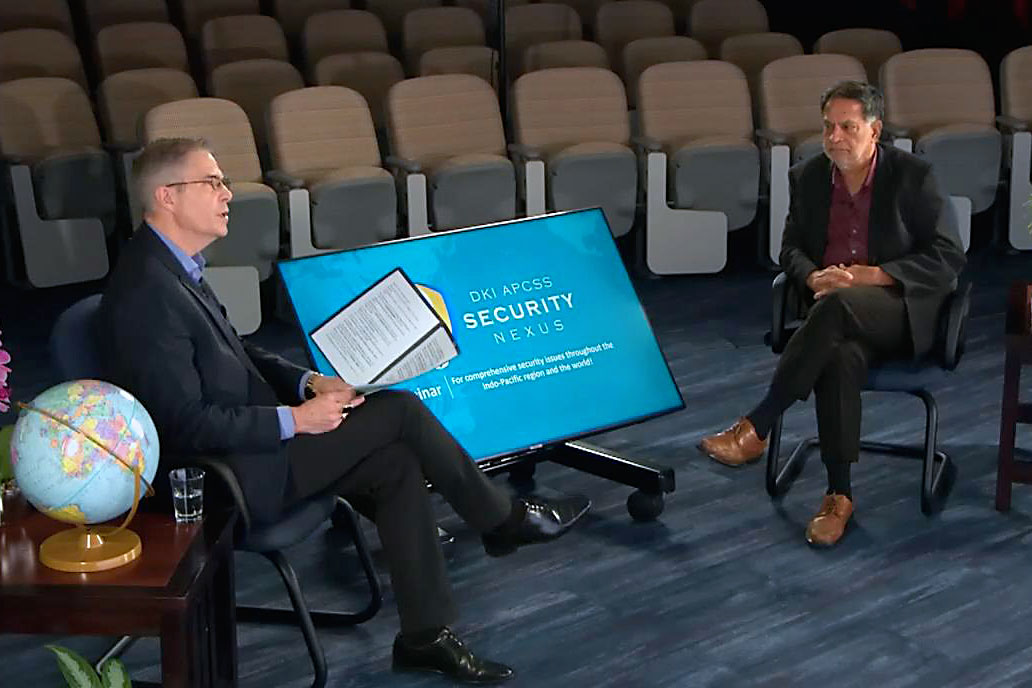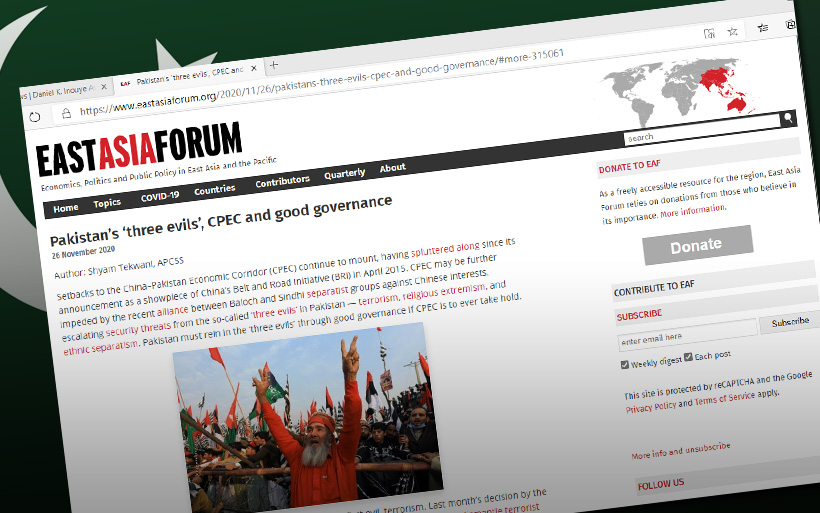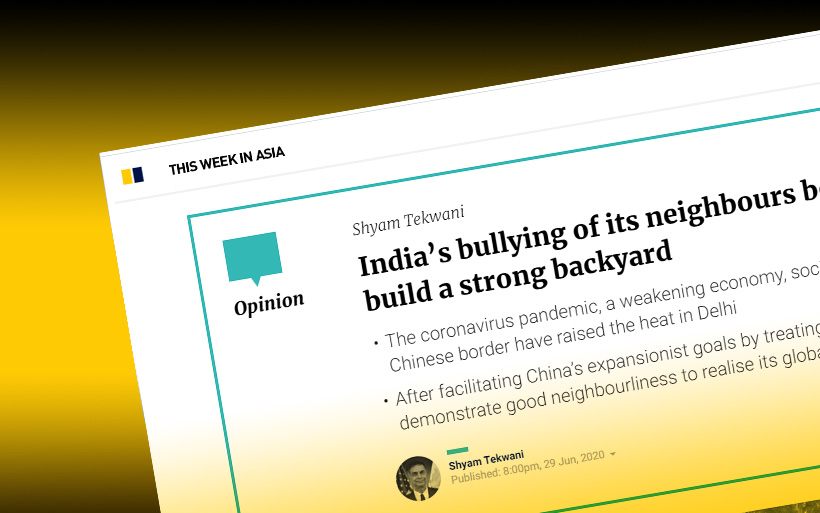Security Nexus | Webinar Episode 6: Power Play in South Asia
Date: Jan. 16, 2024 South Asia, a region of profound significance with its intricate geopolitical dynamics, took center stage in the Security Nexus | Webinar Episode 6, titled “Power Play in South Asia,” held on January 16th, 2024. Hosted by Professor James Minnich and featuring esteemed guest Professor Shyam Tekwani, this webinar delved into the complexities of a region on the cusp of pivotal elections. South Asia is at a critical juncture, with recent or upcoming national elections in several countries, including Maldives, Bangladesh, Bhutan, Pakistan, Sri Lanka, and India. These elections bear substantial importance not only for the [...]














